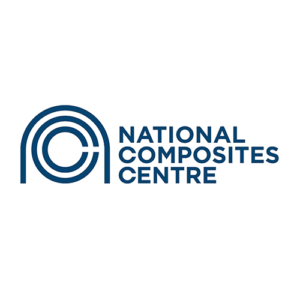About Us
Cygnet Texkimp is an export-led British manufacturer supplying state-of-the-art handling and processing machinery to the international high-performance fibre and fabric industries. We design and build technologies to process technical fibres destined for worldwide markets including:
Our business was founded in 1974 to manufacture fibre unwinding creels for the traditional textile market before diversifying into the advanced fibre market that now dominates our activity. Over the last four decades we have built a strong reputation for quality, service and technical expertise, and a network of long-standing customers and valued suppliers.
Today, more than 95% of our sales are made up of international exports to over 30 countries, and 100% of our machines are manufactured in the UK. We combine 45 years of engineering excellence with fresh, innovative thinking and a rigorous programme of R&D to bring to market a portfolio of award-winning, best in class, custom-built machines.
We specialise in the design and build of a wide range of downstream technologies including laminators, coaters, slitters and prepreg machines, alongside associated fibre handling and automation technologies. In the last four years we have also launched a series of filament winding technologies, including high-speed, multi-axis and 3D winding machines.
Our commitment to continual improvement has earned us a reputation as one of our industry’s true innovators. We operate a busy programme of R&D at our innovation centre in Cheshire in the North West of England where we are working in partnership with world-leading scientists and academics to develop next-generation materials including strong, lightweight composite parts for automotive and aerospace.
Trade Organisation Memberships
At Cygnet Texkimp we have a range of qualified, experienced staff, hold a variety of accreditations and are members of relevant trade organisations:
COMPOSITES UK
Composites UK is the Trade Body for the UK composites industry. Their aim is to support the industry so that it may continue to grow and participate in the increasingly competitive world of global composite production.
BTMA
Successful innovation needs a foundation of experience and expertise, and UK textile machinery firms are known for their leadership in technology development in all areas of textile production. Virtually all of today’s textile manufacturing processes – from the carding, spinning, weaving, knitting, tufting and nonwoven bonding of fibres through to advanced colouration, finishing and printing techniques – can be traced back to British patents and research and development somewhere along the lines.

NATIONAL COMPOSITES CENTRE
The National Composites Centre is the UK’s world-leading composites research and development facility. Its SME Affiliate scheme is designed to give SMEs affordable access to the NCC capabilities, expertise, training and networks, making composite materials research and development as accessible as possible.

MAKE UK
Make UK champions and celebrates British manufacturing and manufacturers. It offers a platform for the evolution of UK manufacturing. Make UK stimulates success for manufacturing businesses, helping them to meet their objectives and goals, enabling manufacturers to connect, share, solve problems and create opportunities together. Work at every level, Make UK ensures UK Manufacturing performs and grows, now and in the future.

